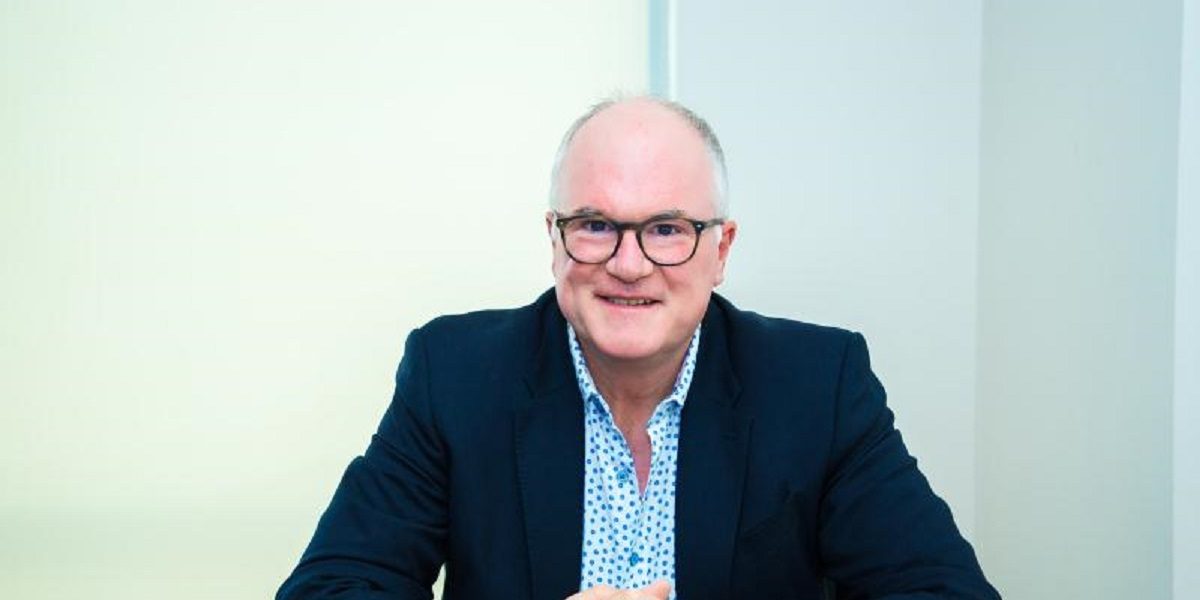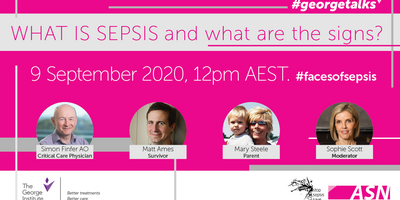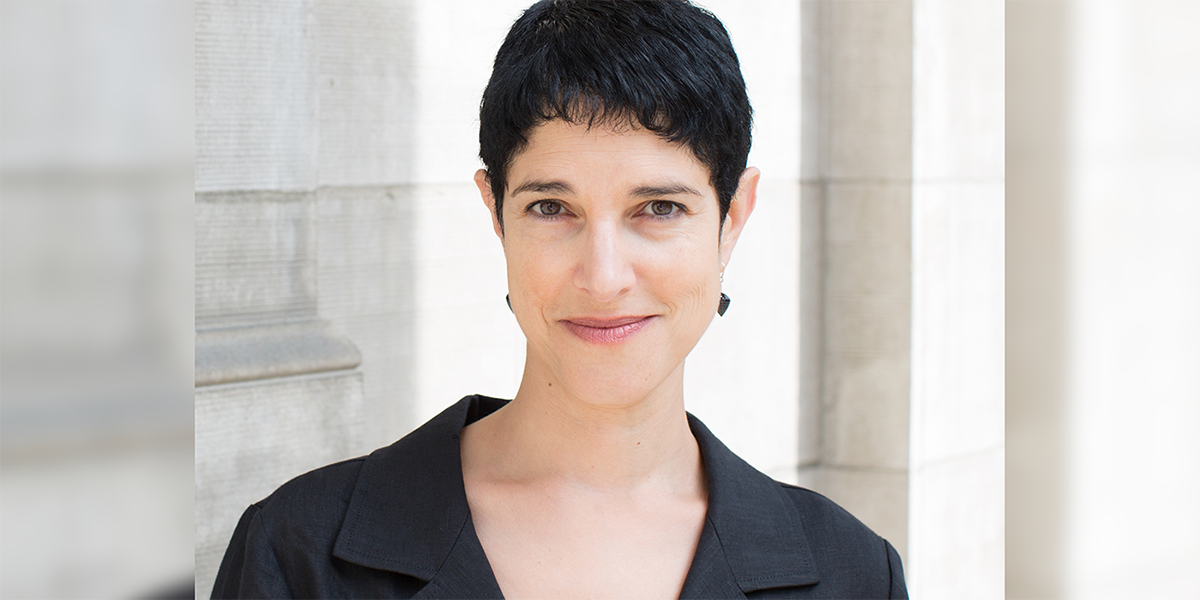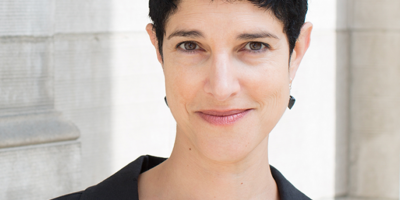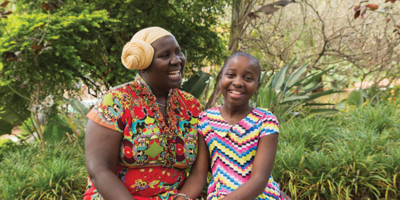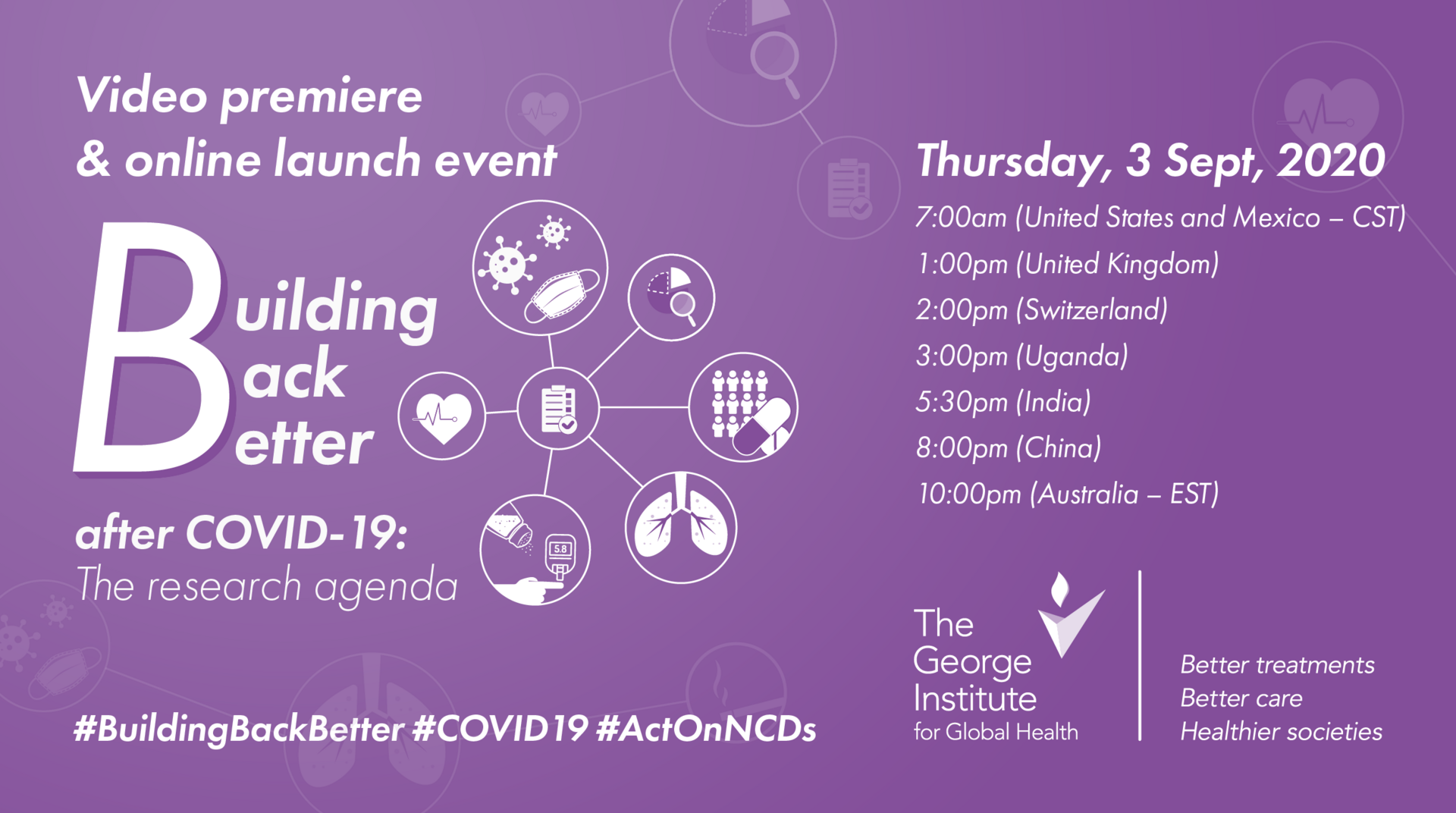The George Institute for Global Health is pleased to announce the appointment of Dr Ophira Ginsburg as the inaugural Elsa Atkin Distinguished Fellow.
The Elsa Atkin Distinguished Fellowship recognises the significant contribution of female leaders to advance women’s health equity. The role is named in honour of Ms Elsa Atkin AM, a past board director at the Institute, and acknowledges Ms Atkin’s passion and dedication to this cause. Financial support for this Fellowship was made possible through philanthropic gifts made by past and present board members, staff of the institute and external supporters.
Dr Ophira Ginsburg, a medical oncologist and global women’s health researcher with technical and policy expertise in cancer prevention and control commented on the appointment.
“I am honoured to be named as the Elsa Atkin Distinguished Fellow at The George Institute (TGI). I admire the work of TGI and am excited to work alongside the incredibly productive multi-disciplinary team,” said Dr Ginsburg.
“I look forward with great anticipation to getting to know the faculty in Sydney, London, Delhi, Hyderabad and Beijing, and to working together to support the vision and mission of TGI, particularly in support of women’s health equity.”
Ms Elsa Atkin AM said the appointment of Dr Ophira was exciting.
“I am delighted with the choice of Dr Ophira Ginsberg as the inaugural Elsa Atkin Distinguished Fellow. She brings a most impressive track record to the role gained through her global work in the advancement of women’s health. I am sure she will be a most welcome addition to the dedicated and visionary staff of the George Institute.”
Dr Ginsburg is Director of the High-Risk Cancer Genetics Program and Associate Professor in the Section for Global Health, Department of Population Health at New York University Grossman School of Medicine. Formerly based at the University of Toronto, she was a Medical Officer at WHO (2015-2016) and continues to serve as an ad hoc consultant to UN agencies. Her research is focused on equitable access to breast and cervical cancer control globally, with funding from Grand Challenges Canada, the Canadian Institutes for Health Research, and the U.S. National Institutes of Health. She has authored 100 publications including peer-reviewed papers and invited commentaries in The Lancet, The Lancet Global Health, Cancer, Journal of Clinical Oncology, and other high-impact journals. She is currently leading a new Commission on Women and Cancer for The Lancet.
Dr Ginsburg joins The Institute’s network of external Distinguished Fellows as part of the Thought Leadership program. Dr Ginsburg’s Distinguished Fellow collaborations will contribute to progressing the agenda of the Global Women’s Health Program, including development of our strategy on women’s cancers and gynaecological health.


